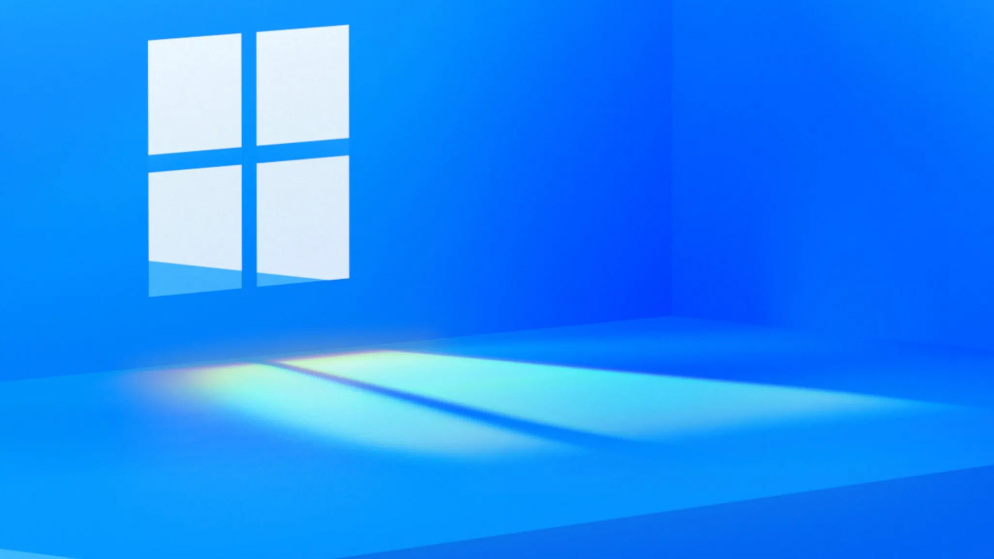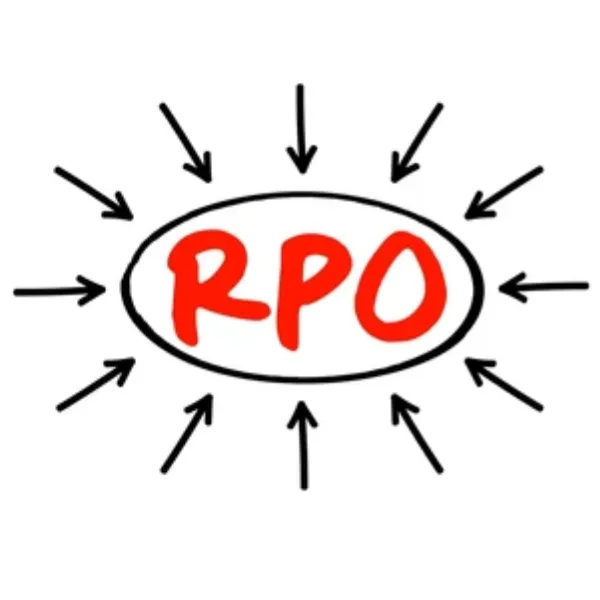By Milcah Tanimu
Microsoft is facing backlash once again as it experiments with displaying ads in the Windows 11 Start menu. Despite its dominant position in the desktop operating system market, the company’s decision to integrate app recommendations in the Start menu has sparked criticism from users.
Traditionally, the “recommended” section of the Start menu provides users with app and file suggestions based on their usage patterns. However, Microsoft’s attempt to monetize this space with app advertisements has drawn ire from the community. The move, labeled as “Promoted,” is seen as an overt attempt to push ads to users within the operating system environment.
Leaked screenshots shared by reliable sources such as Phantom Ocean reveal the inclusion of promoted links, notably featuring the Opera browser. While Microsoft has reframed the wording of settings toggles to include “app promotions,” users have the option to disable these recommendation ads.
This move adds to Microsoft’s history of integrating ads into Windows, often to promote its own services. However, the decision to advertise apps within the Start menu raises questions about the effectiveness and relevance of such ads. With the Microsoft Store struggling to gain traction and alternative software distribution channels readily available, the rationale behind this strategy comes under scrutiny.
Despite potential user dissatisfaction, Microsoft’s dominant market position may mitigate any significant repercussions. The limited alternatives, such as Linux and Apple’s macOS, currently command a small market share compared to Windows. As Microsoft continues to explore monetization avenues within its ecosystem, users remain skeptical about the intrusive integration of ads in their operating system experience.





